We hope you had a happy 4th of July holiday! Let's catch up on updates from ISTE's annual EdTech conference, changes on affirmative action and technology, and the latest insights from our bold leaders. In this July 10 edition of the EdTech News Roundup, we'll cover:
ISTE 2023
The International Society for Technology in Education (ISTE) held its annual EdTech conference last week—read up on some of the biggest products and announcements to come out of ISTE 2023
Amidst the recent surge in AI chatbots, many teachers are wondering whether the current programs are pulling from trustworthy sources. ISTE and ASCD recently announced “Stretch,” a chatbot designed for K-12 educators that only references vetted and reputable sources relevant to education.
Can AI be used to support learning instead of hindering it? ISTE’s AI in Education Preparation Program fellows shared 7 strategies that teacher preparation programs and school districts can take to prepare their educators for using AI in the classroom.
The newest iteration of ISTE Seal, a product certification program that creates a substantial and trustworthy ecosystem of EdTech technologies, was announced at the end of June. As part of the Teacher Ready project, the program seeks to bring inclusivity, objectivity, and simplicity to product design and development. The program uses teacher input and learning science principles to ensure that products are being held to a standard that is most helpful for educators.
Esports were highlighted in a session at ISTE 2023, with a focus on changing the perception of esports and showing students the real value of participating in competitive video games. Video games have become extremely useful to help motivate and engage a new age of students in their education, and competitive video games (esports) are changing the way students interact with these games. Read the article to learn more about how esports are creating opportunities for students to learn about STEM careers and can open the door to college through scholarships and awards!
The Future of EdTech
Stay informed on recent changes around affirmative action, coding education, and advances in VR technology that will impact the future of education and the EdTech industry.
The recent Supreme Court decision to end Affirmative Action could have wide-reaching effects on education. Possibilities include limiting diversity efforts in curriculum and challenging current admissions and scholarship policies.
Discovery Education continues to support and provide resources to educators and students of STEM worldwide. A new collaboration with CodersTrust will provide individuals and schools across Bangladesh with access to world-class educational programs, helping to inspire the newest generation of students.
Technology is constantly changing, and it is important to understand how new advancements can be used in education. Blockchain protects and securely stores educational content. Augmented reality and virtual reality can revolutionize the way students interact with the curriculum. Since research shows that experiential education increases learning quality and improves knowledge retention by 90 percent, implementing these new technologies in the classroom could transform students’ learning outcomes while keeping their information safe.
Insights from Leaders
Catch up on insights from current EdTech leaders on where the industry is headed and who might be leading it in the future!
Richard Culatta, CEO of ISTE, speaks on some of the major developments in technology, such as AI and VR, and their effect on the EdTech industry. It is his belief that these innovative technologies are tools to help educators do powerful things with students and their learning in the classroom.
Hear from EdTech leaders on how to spot successful, emerging businesses and industries, as well as recognizing what traits are present in the people leading them.
8 leaders in the EdTech industry, ranging from CEOs to software engineers, share their predictions on what direction the industry will take in the coming years. Highlights include a massive boom in the use and purpose of lessons, more engaging and personalized curricula, and carving out a more accessible and equitable space for education.







